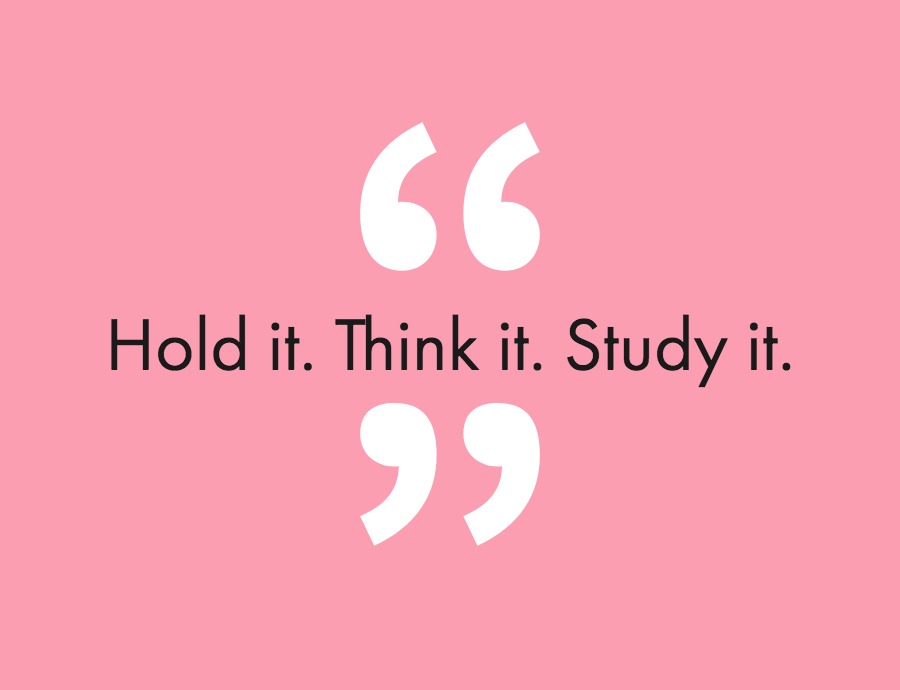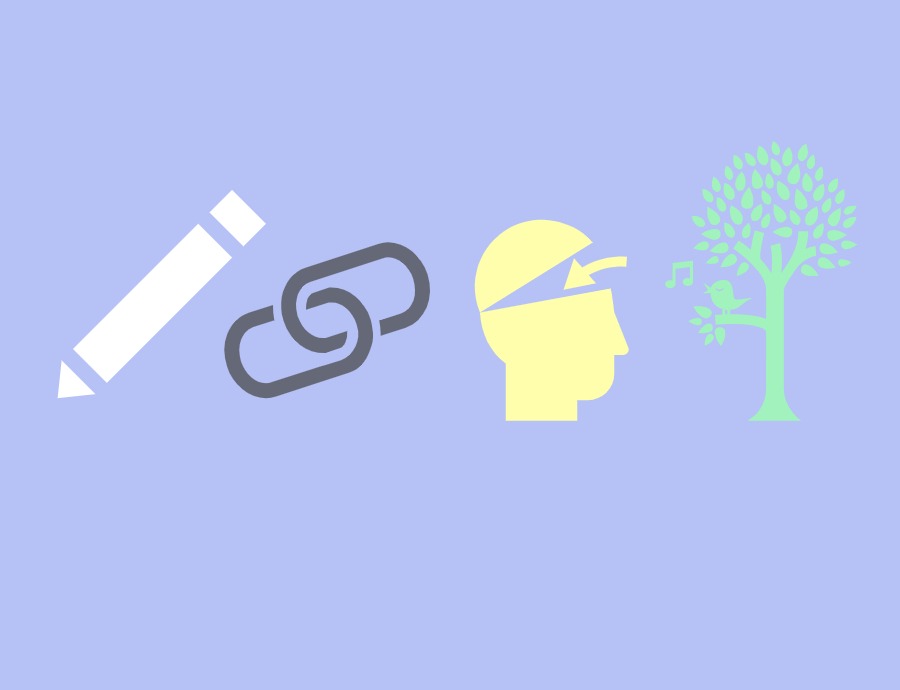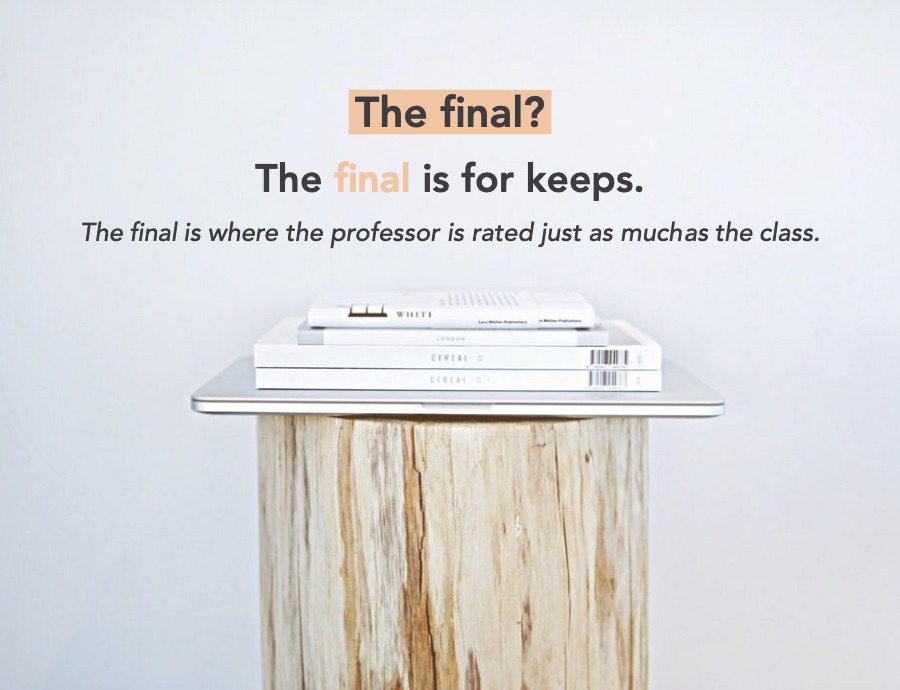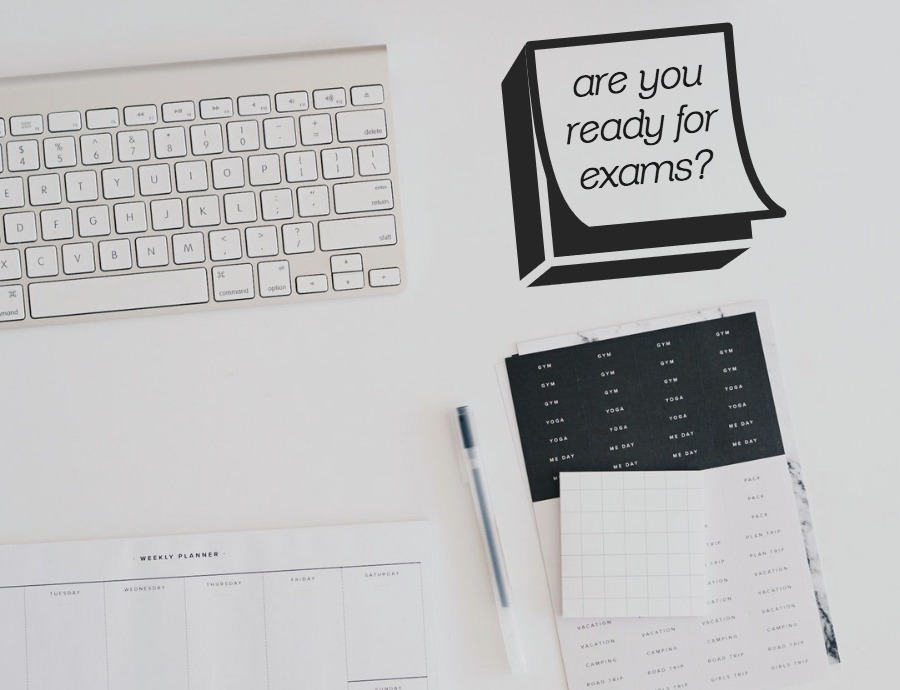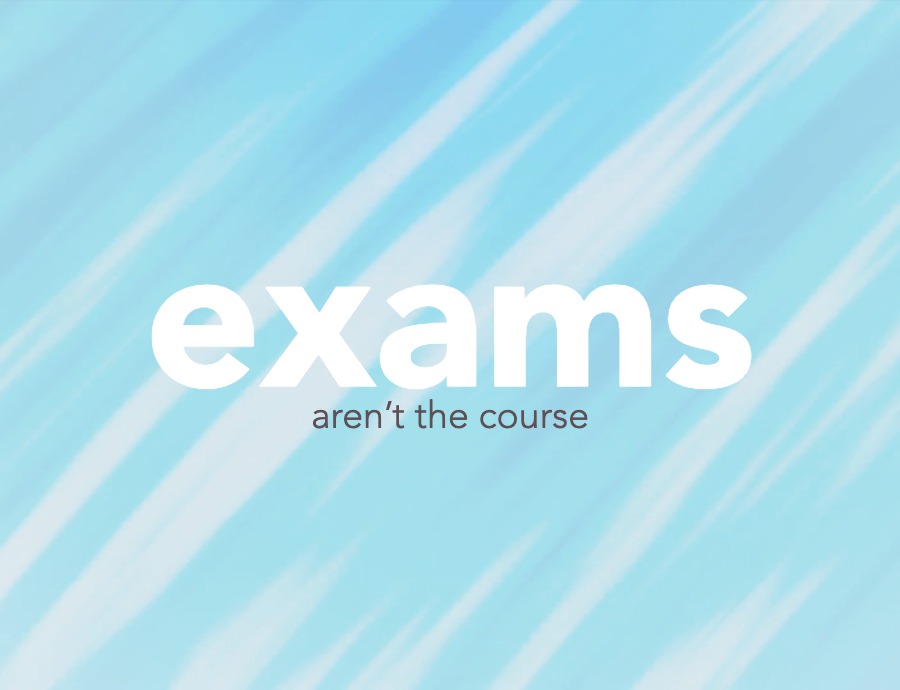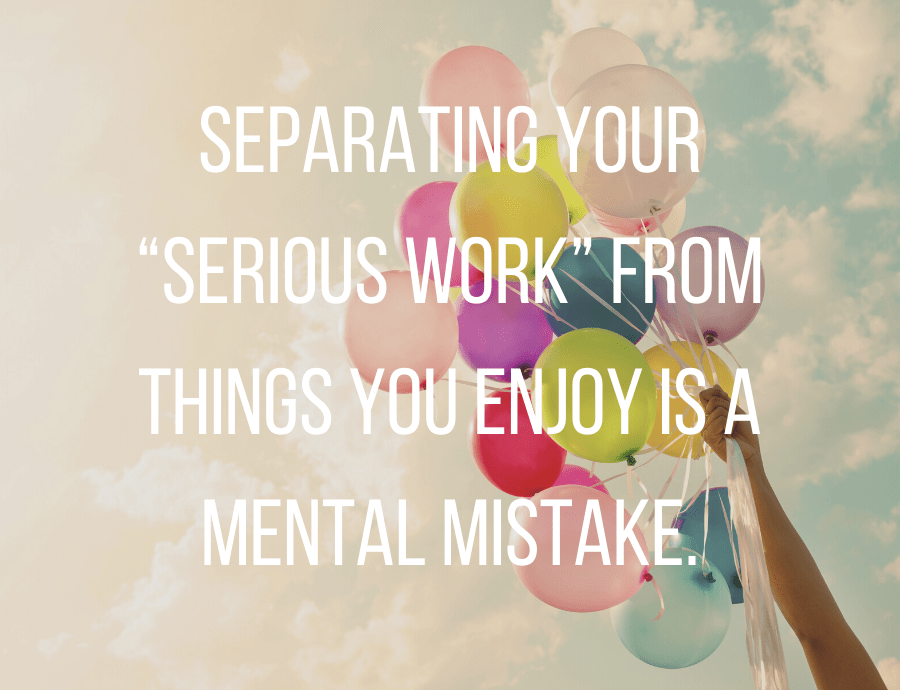Asking the lecturer a question sounds like the smartest thing in the world. You’re in a learning institution inquiring of an expert! But there are much more effective ways to spend your time. And everyone else’s time! If you haven’t had a lecture held up by one person trying to start a game of 20 questions with the lecturer while a hundred students seethe and stare like they’re trying to grow laser eyes, you soon will, and you won’t like the experience either.
The first step is asking yourself instead of the lecturer. This is early exam practice: you won’t be able to ask the lecturer when it matters, and the earlier you switch your strategy to relying on your own understanding the more of that understanding you’ll have when it counts. Even if you can’t solve the problem by yourself, this practice of exploring the idea in your own head will hugely improve your ability to understand things in future.
Even if you don’t have a question, ask yourself some questions! If an equation only applies in a high temperature regime, ask yourself why it doesn’t work in the cold, or what would happen if you tried. If something exerts a huge pressure, ask yourself in what situations it wouldn’t. Could this force make something float? Would effect would this chemical have in other reactions you’ve already learned?
Always remember that the goal of a degree isn’t to pass the exams, it’s to get better at something. Passing the exams is just something you have to do along the way. Every student is eventually forced to start fully thinking instead of merely remembering, and the earlier you start that process the more you enjoy the improvements. Improvements in understanding, in exam marks, and sheer quality of life as you’re more relaxed, no longer having to desperately clutch memorized equations instead of understanding inside your skull.
Then you’ll be ready to benefit from the ultimate technique: asking the lecturer proper questions. Which means using their office hours instead of the lecture hall. Why interrupt scores of other people trying to get through a time-limited task when you can get the lecturer all to yourself? I’ve heard countless professors complain that their office hours are empty until the week before the exams, and then most of the questions are “what’s on the exams?” and “can you just give me some marks?”, neither of which they’re able to satisfactorily answer.
If you’re already exploring the subject in your head you’ll extract so much more benefit from those free one-on-one question times. You might even build some goodwill with the professor as an obviously interested student, which can help if you hit problems down the road.
So many improvements can be made by suppressing that schoolchild urge to throw up your hand and ask the first question that comes into your mind. Hold it. Think it. Study it. And even if you can’t find the answer, you will find you’ve become smarter at the subject.
The first step is asking yourself instead of the lecturer. This is early exam practice: you won’t be able to ask the lecturer when it matters, and the earlier you switch your strategy to relying on your own understanding the more of that understanding you’ll have when it counts. Even if you can’t solve the problem by yourself, this practice of exploring the idea in your own head will hugely improve your ability to understand things in future.
Even if you don’t have a question, ask yourself some questions! If an equation only applies in a high temperature regime, ask yourself why it doesn’t work in the cold, or what would happen if you tried. If something exerts a huge pressure, ask yourself in what situations it wouldn’t. Could this force make something float? Would effect would this chemical have in other reactions you’ve already learned?
Even if you can’t find the answer, you will find you’ve become smarter at the subject.
Always remember that the goal of a degree isn’t to pass the exams, it’s to get better at something. Passing the exams is just something you have to do along the way. Every student is eventually forced to start fully thinking instead of merely remembering, and the earlier you start that process the more you enjoy the improvements. Improvements in understanding, in exam marks, and sheer quality of life as you’re more relaxed, no longer having to desperately clutch memorized equations instead of understanding inside your skull.
Then you’ll be ready to benefit from the ultimate technique: asking the lecturer proper questions. Which means using their office hours instead of the lecture hall. Why interrupt scores of other people trying to get through a time-limited task when you can get the lecturer all to yourself? I’ve heard countless professors complain that their office hours are empty until the week before the exams, and then most of the questions are “what’s on the exams?” and “can you just give me some marks?”, neither of which they’re able to satisfactorily answer.
If you’re already exploring the subject in your head you’ll extract so much more benefit from those free one-on-one question times. You might even build some goodwill with the professor as an obviously interested student, which can help if you hit problems down the road.
So many improvements can be made by suppressing that schoolchild urge to throw up your hand and ask the first question that comes into your mind. Hold it. Think it. Study it. And even if you can’t find the answer, you will find you’ve become smarter at the subject.

